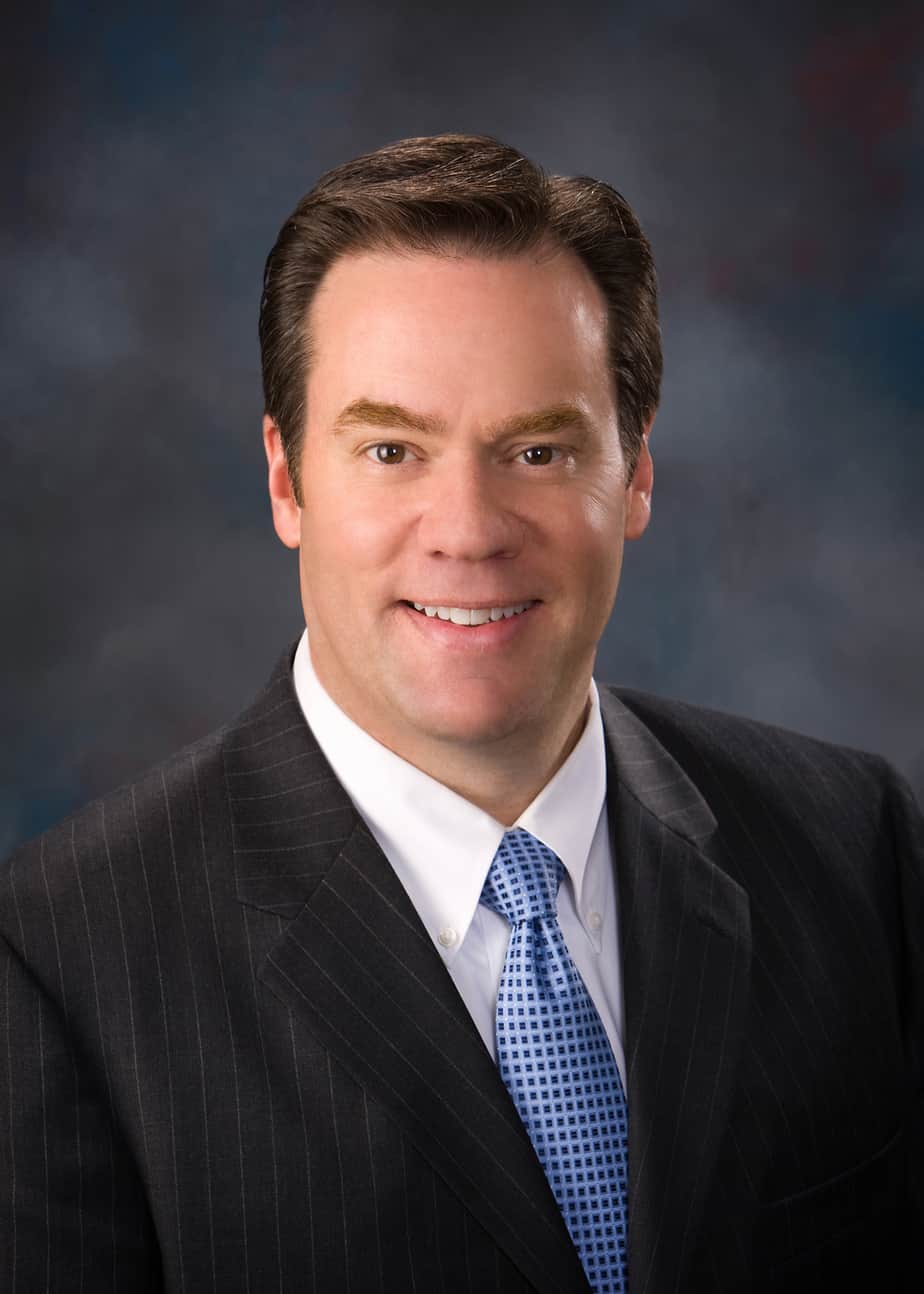


By Russ Fulcher
At first glance, the governor’s budget proposal for the next fiscal year asks taxpayers to spend about $150 million more than last year; and it appears the Legislature will agree. But the cost could be much greater than $150 million. That’s because there are major issues coming this session that were not detailed in the budget proposal - and each have a big, ongoing price tag:
TRANSPORTATION FUNDING – Otherwise identified as tax and registration fee increases: Construction and business stakeholders have been pushing for this for years, but now the stage is set to get it done. The economy is growing - though mildly so - and gas prices are -- temporarily -- down. No one wants to see our transportation infrastructure crumble. We all realize it’s necessary for commerce to grow, but there’s a better way to wisely administer taxpayer dollars to pay for it: The transportation department has already made its case for budget needs. Now that case needs to be independently validated. Once lawmakers are comfortable with what they believe to be the real need, they should do as most other states: Utilize “general fund” dollars to pay for it. In so doing, road funding competes for priority with other program demands.
EDUCATION FUNDING – Otherwise identified as tax and levy increases for public schools. More than $100 million of the aforementioned $150 million in spending increases is slated to go to public schools. I spent the last 10 years on the Senate Education Committee. Over that period, all stakeholders could mutually agree upon were two things: That we need a healthy public school system and the system is broken. Adding $100 million to the system does nothing to fix it. Left alone, the system as-is will only demand more money next year, and more bond levies run at the local level.
We need to scrap the mandatory, federally backed testing requirement (SBAC), and merge some of the 115+ independent school districts to lower administrative costs. Then we can empower teachers and parents to choose their own curriculum and teaching methods based on local needs.
MEDICAID EXPANSION – Otherwise known as the ongoing transfer of health care decisions to bankrupt federal decision-makers. As with the education system, stakeholders can mutually agree on just two things: That we need a way to address the health care needs of Idaho’s most vulnerable and the Medicaid system is broken. There’s a better way than Medicaid to enable a health care system not for just the most vulnerable, but for everyone. We can increase incentives for productivity and patient-control by offering tax-deferred health care savings accounts. We can utilize some of the taxpayer money traditionally slated for indigent care by encouraging private clinics as an alternative to expensive emergency room use. We can reduce insurance rates via increased competition by allowing providers to sell across state lines. We can encourage “direct pay” options whereby “health memberships” in a physician’s practice can be purchased, allowing the patient to pay a flat fee for a range of previously agreed-upon services.
Meanwhile, on the legislative back-burner is real, sizable tax relief. Aggressively lowering our high marginal income taxes must be a priority. Getting rid of the grocery tax must be a priority. I was one of two legislators who co-sponsored the grocery tax credit policy. It was a good first step, but now it’s time to eliminate that tax altogether. Both proposals would provide real relief for Idaho’s working families and help make the Gem State more attractive for increased business investment.
In summary, we need to take a different approach to the budget. The focus needs to be on maximizing dollars taxpayers keep, and structuring individual incentives in a marketplace that encourages efficiency. Without intervention, we will all be paying more taxes after this legislative session than we are now.
Russ Fulcher is a former Republican state senator and gubernatorial candidate. He serves on the Idaho Freedom Foundation's oversight board.


